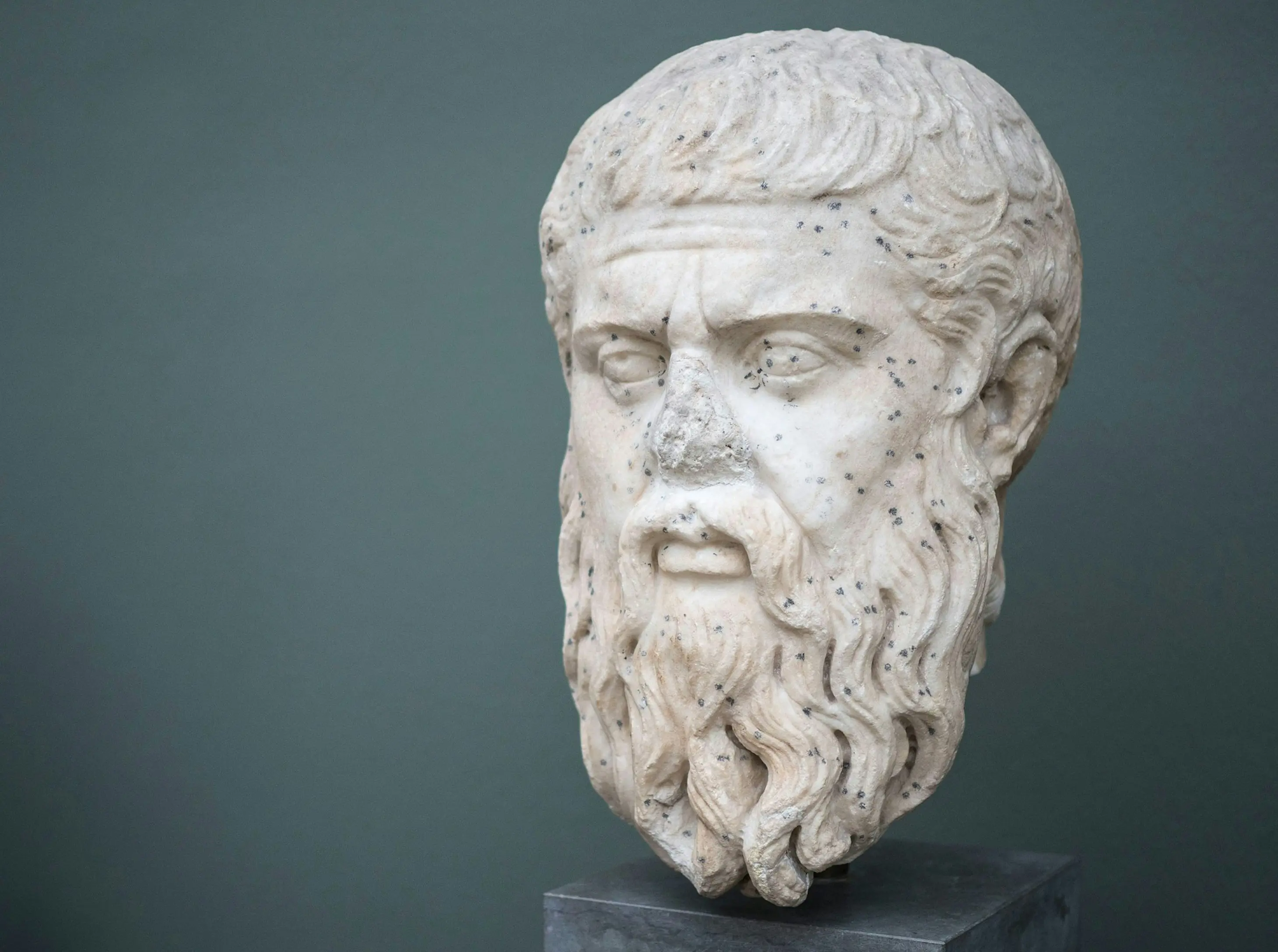Ancient Insights: The Dual Nature Of Democracy

In an intriguing exploration of democracy, Dio Chrysostom—a prominent Greek orator from the 1st to 2nd century CE—provided a dualistic view of democracy. In his speech to the People of Alexandria, he described two distinct forms of democracy: one that is gentle and fair, and another that is bold and tyrannical.
Dio's portrayal of democracy as a 'multifarious and dreadful beast' resonates even today, reflecting ongoing debates about this form of governance. In ancient Greece, the concept of democracy was as contentious as it is now, with thinkers divided on its virtues and vices.
The term 'democracy' originates from the Greek word 'demokratia', combining 'dēmos' (people) and 'kratos' (power or rule), essentially meaning the 'power of the people'. However, this brings forth the question: who were the people in power?
In ancient Athens, 'dēmos' typically referred to citizens eligible to vote, but some philosophers equated it to the 'mob'—the masses who could outvote the educated elite through sheer numbers.
The classical Athenian democracy, established around 507 BCE, is often considered the archetype of this system. Cleisthenes, revered as the founder of Athenian democracy, introduced a new political system post the expulsion of tyrant Hippias. He divided Attica into tribes and demes, ensuring representation through elections.
Athenian democracy was built on principles of liberty and equality. Liberty granted individuals the freedom to participate in politics and live as they wished, while equality ensured equal opportunities in political engagement. Yet, this system was limited to adult male citizens, excluding women, slaves, and non-Athenians from political rights.
Despite its revolutionary nature, democracy in Athens had its detractors. The philosopher Plato criticized it for allowing unqualified individuals into politics, a view possibly influenced by the democratic decision to execute his mentor, Socrates.
Even in modern times, democracy is often under scrutiny. However, it remains a popular form of governance, evolving significantly from its ancient roots to include broader participation. As ancient thinker Periander of Corinth aptly stated, 'Democracy is better than tyranny.'